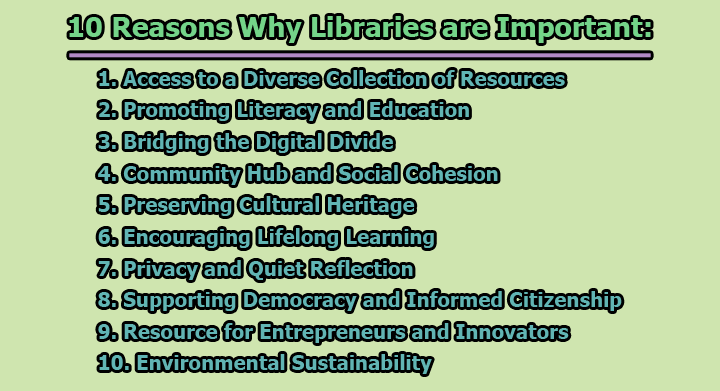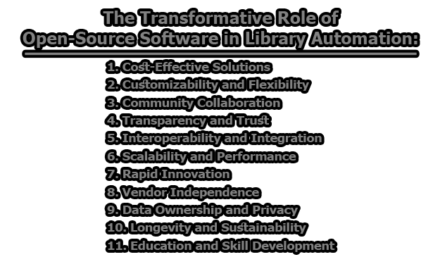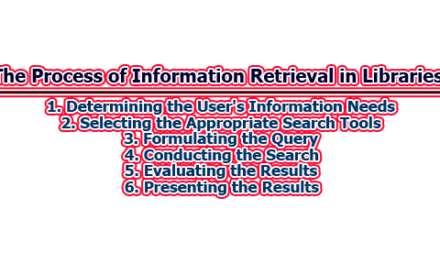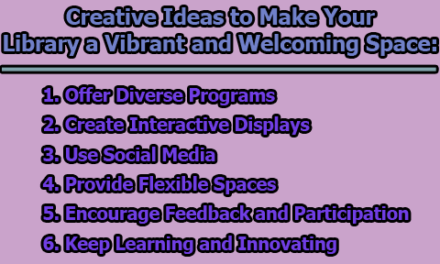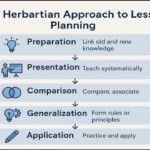10 Reasons Why Libraries are Important:
Libraries have long been revered as bastions of knowledge and cultural enrichment, serving as essential pillars in the edifice of human progress. Beyond mere repositories of books, libraries play a multifaceted role in society, offering an array of benefits that extend far beyond their physical walls. In this digital age, where information is at our fingertips, it is imperative to underscore the enduring importance of libraries. Here are 10 reasons why libraries are important continue to hold a pivotal place in our communities.
1. Access to a Diverse Collection of Resources: At the core of a library’s significance lies its role as a comprehensive repository of knowledge. Libraries curate a vast and diverse collection of resources, encompassing books, periodicals, reference materials, and multimedia content. This expansive range of materials accommodates the diverse interests, academic pursuits, and learning styles of patrons. Unlike the internet, where information may be fragmented and biased, libraries offer a carefully curated selection that ensures a holistic learning experience.
Moreover, the physical presence of books in libraries fosters serendipitous discovery, encouraging individuals to explore subjects they might not have considered. This aspect of libraries as curated gatekeepers of knowledge distinguishes them as invaluable assets in promoting intellectual exploration.
2. Promoting Literacy and Education: Libraries are indispensable allies in the ongoing battle against illiteracy. They serve as sanctuaries for individuals of all ages to immerse themselves in the world of written words. Beyond the mere provision of books, libraries actively contribute to literacy and education by offering quiet study spaces, access to research materials, and educational programs.
Libraries often collaborate with local schools and educational institutions, acting as extensions of the formal learning environment. From reading programs for children to adult education initiatives, libraries play a pivotal role in fostering a culture of continuous learning and knowledge acquisition.
3. Bridging the Digital Divide: In an age where digital literacy is increasingly crucial, libraries serve as powerful equalizers by bridging the digital divide. Recognizing the disparities in access to technology, libraries provide free internet access, computer terminals, and other technological resources. This accessibility ensures that individuals from all socio-economic backgrounds have the means to harness the power of information technology.
Libraries are not only places where people can access the internet; they also offer training sessions and workshops on digital literacy. By providing these resources, libraries empower individuals to navigate the digital landscape, promoting inclusivity and preventing the marginalization of those without personal access to technology.
4. Community Hub and Social Cohesion: Beyond their educational role, libraries function as vital community hubs, fostering social cohesion and connectivity. The library space often hosts a variety of community events, from book clubs and author talks to workshops and cultural celebrations. These gatherings create a sense of belonging, knitting together the fabric of diverse communities.
Libraries serve as egalitarian spaces where people from different backgrounds come together, breaking down barriers and nurturing a sense of shared identity. This communal aspect of libraries contributes significantly to the social well-being of the neighborhoods they serve.
5. Preserving Cultural Heritage: Libraries stand as custodians of cultural heritage, preserving the collective memory of societies. Through meticulous curation and conservation efforts, libraries safeguard rare manuscripts, historical documents, and cultural artifacts. These invaluable resources not only contribute to scholarly research but also ensure that future generations have access to the rich tapestry of their cultural past.
Libraries actively engage in initiatives to digitize and preserve materials, making cultural heritage accessible to a global audience. By doing so, libraries play a pivotal role in maintaining a connection between the past and the present, fostering a deeper understanding of cultural roots and historical evolution.
6. Encouraging Lifelong Learning: Libraries serve as beacons for promoting a culture of lifelong learning. In addition to traditional books, libraries now offer a myriad of resources for personal and professional development. From online courses and workshops to skill-building seminars, libraries empower individuals to adapt to evolving trends and acquire new competencies throughout their lives.
The concept of lifelong learning is increasingly recognized as essential in a world where skills and knowledge rapidly evolve. Libraries, by providing access to a diverse range of learning opportunities, play a crucial role in supporting individuals on their educational journeys, regardless of age or background.
7. Privacy and Quiet Reflection: In a world characterized by constant connectivity and noise, libraries offer sanctuaries for privacy and quiet reflection. The tranquil atmosphere within library walls allows individuals to concentrate on their studies, research, or personal reflection without the distractions prevalent in other public spaces.
This aspect is particularly important for students, researchers, and anyone seeking a peaceful environment for focused work. Libraries, by preserving a quiet space for contemplation, contribute to mental well-being and facilitate deep intellectual engagement.
8. Supporting Democracy and Informed Citizenship: Libraries uphold the principles of democracy by promoting informed citizenship. They provide access to a wide range of viewpoints and perspectives, enabling individuals to critically evaluate information. In an age of information overload and misinformation, libraries serve as trusted gatekeepers, offering reliable sources and fostering media literacy.
Libraries actively contribute to civic engagement by organizing events, discussions, and providing resources that encourage informed participation in democratic processes. In doing so, they play a vital role in shaping responsible and active citizens who are capable of making well-informed decisions.
9. Resource for Entrepreneurs and Innovators: Libraries are valuable resources for entrepreneurs and innovators. They offer business-related materials, market research databases, and support services that can aid in the development and growth of small businesses and startups. Libraries often host business workshops, networking events, and mentorship programs, contributing to the entrepreneurial ecosystem of a community.
By providing access to business resources and fostering a supportive environment for innovation, libraries become instrumental in the economic development of their communities. They empower individuals to pursue their entrepreneurial dreams and contribute to local economic prosperity.
10. Environmental Sustainability: Libraries promote environmental sustainability through a shared model of resource consumption. By allowing multiple individuals to access the same materials, libraries reduce the need for mass production and individual ownership of books, thereby minimizing waste. This shared access to a communal pool of resources aligns with the principles of sustainability and environmental consciousness.
Furthermore, many libraries actively engage in eco-friendly practices, such as recycling programs and energy-efficient building designs. By championing environmental sustainability, libraries set an example for the community and contribute to a more eco-conscious society.
In conclusion, libraries stand as beacons of enlightenment, providing an array of services that extend far beyond their traditional role. Their enduring significance lies in their ability to adapt to the changing needs of society, ensuring that the pursuit of knowledge remains a shared and accessible endeavor. As we navigate the complexities of the digital age, it is essential to recognize and celebrate the indispensable role that libraries play in shaping informed, educated, and connected communities.

Assistant Teacher at Zinzira Pir Mohammad Pilot School and College

